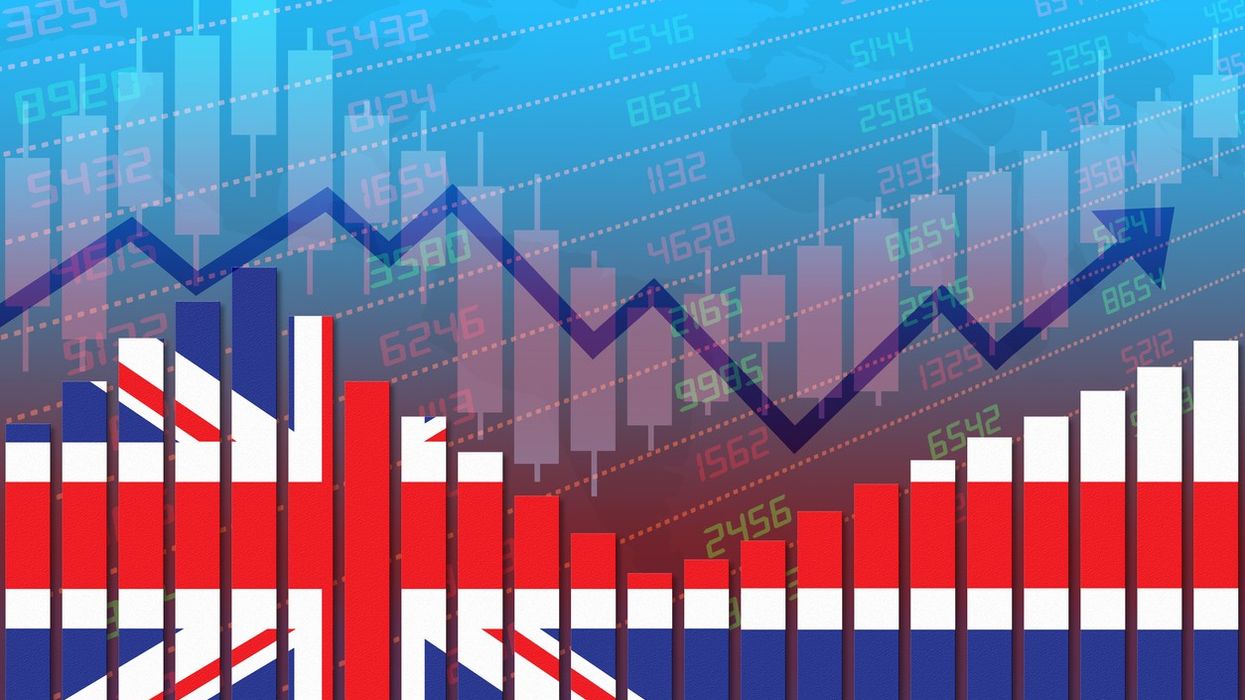British inflation jumped back above 10 percent in September on soaring food prices, official data showed Wednesday, with the country gripped by a cost-of-living crisis bedevilling the government.
The Consumer Prices Index accelerated to 10.1 percent on an annual basis, up from 9.9 percent in August, the Office for National Statistics said in a statement.
The September rate matched the level in July and is the highest in 40 years as a result also of sky-high energy bills.
"I understand that families across the country are struggling with rising prices and higher energy bills," Britain's new finance minister Jeremy Hunt said in a separate statement.
"This government will prioritise help for the most vulnerable while delivering wider economic stability and driving long-term growth that will help everyone."
The government has been rocked by chaos in markets in the wake a budget that pledged tax cuts that would have been funded by state debt.
Most of those measures have since been reversed, leaving Prime Minister Liz Truss fighting to save her job.
Following widespread criticism over the budget, Truss sacked Hunt's predecessor, Kwasi Kwarteng, after less than six weeks in the role.
Analysts said Wednesday's data would put pressure on the Bank of England to keep raising its main interest rate by sizeable amounts.
Capital Economics noted that the BoE could hike its rate by as much as one percentage point to 3.25 percent at its next meeting in November.
'Most pressing problem'
Victoria Scholar, head of investment at Interactive Investor, said inflation was "the most pressing economic problem facing the Bank of England as well as the government.
"Without price stability, the cost-of-living crisis will continue to weigh on the economy by squeezing household budgets and dampening business margins."
In a bid to help households, the government has capped domestic energy bills until April. However, the original plan was for a cap until late 2024, which Truss pulled earlier this week.
Markets were left spooked that a budget of tax cuts and a costly energy-price cap would add massively to British debt that had already ballooned on government support during the Covid pandemic.
Her budget sent the pound plunging to a record low against the dollar and caused yields on government bonds to soar -- forcing Truss into a huge budget U-turn that has calmed markets.
Following Wednesday's data, the pound was down against the dollar and euro, while London's FTSE 100 shares index steadied at the open.
(AFP)













